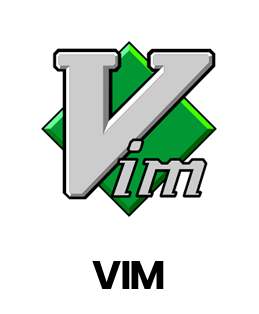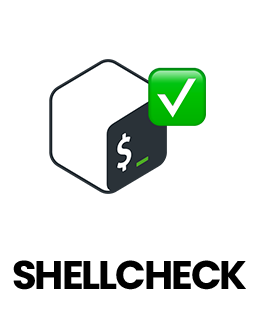- Join Our Best UNIX Shell Scripting Training Institute Master Automation & Workflows.
- Complete UNIX Shell Scripting Training –Shell, File & Process Mgmt, Scheduling, Scripts.
- Engage in Real-Time Projects and Gain Practical Skills with Hands-On Learning Experiences.
- Choose Flexible Learning: Weekday, Weekend, or Fast-Track, Fits Your Schedule.
- Advance Your Skills with UNIX Shell Scripting Certification Placement Support.
- Get Expert help in Resume, Interview Preparation & Career Growth.
Join Our 100% Job Guaranteed
UNIX Shell Scripting Training
WANT IT JOB
Become a UNIX Shell Scripting Specialist in 3 Months
Freshers Salary
3 LPA
To8 LPA
Quality Training With Affordable Fees!
INR
₹27000
INR
₹25000

11513+
(Placed)
5989+
(Placed)
8176+
(Placed)
4539+
(Placed)

























 Chennai Location
Chennai Location Bangalore Location
Bangalore Location